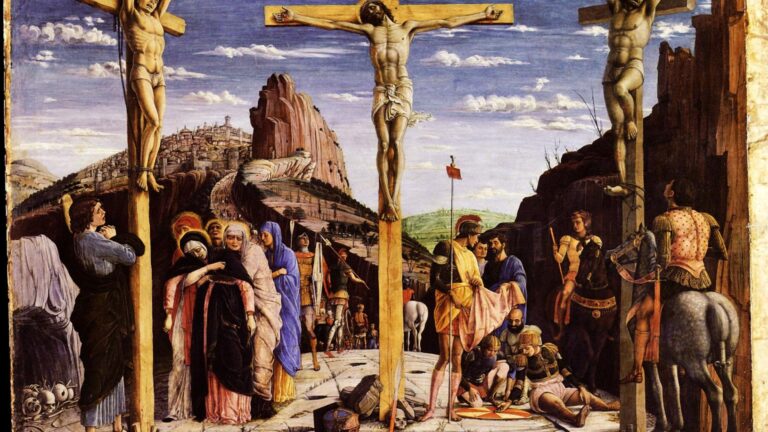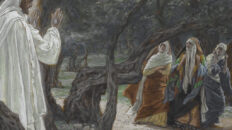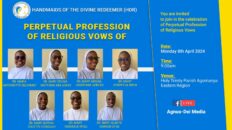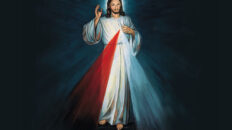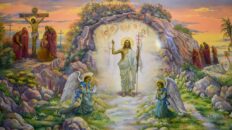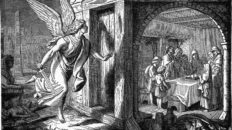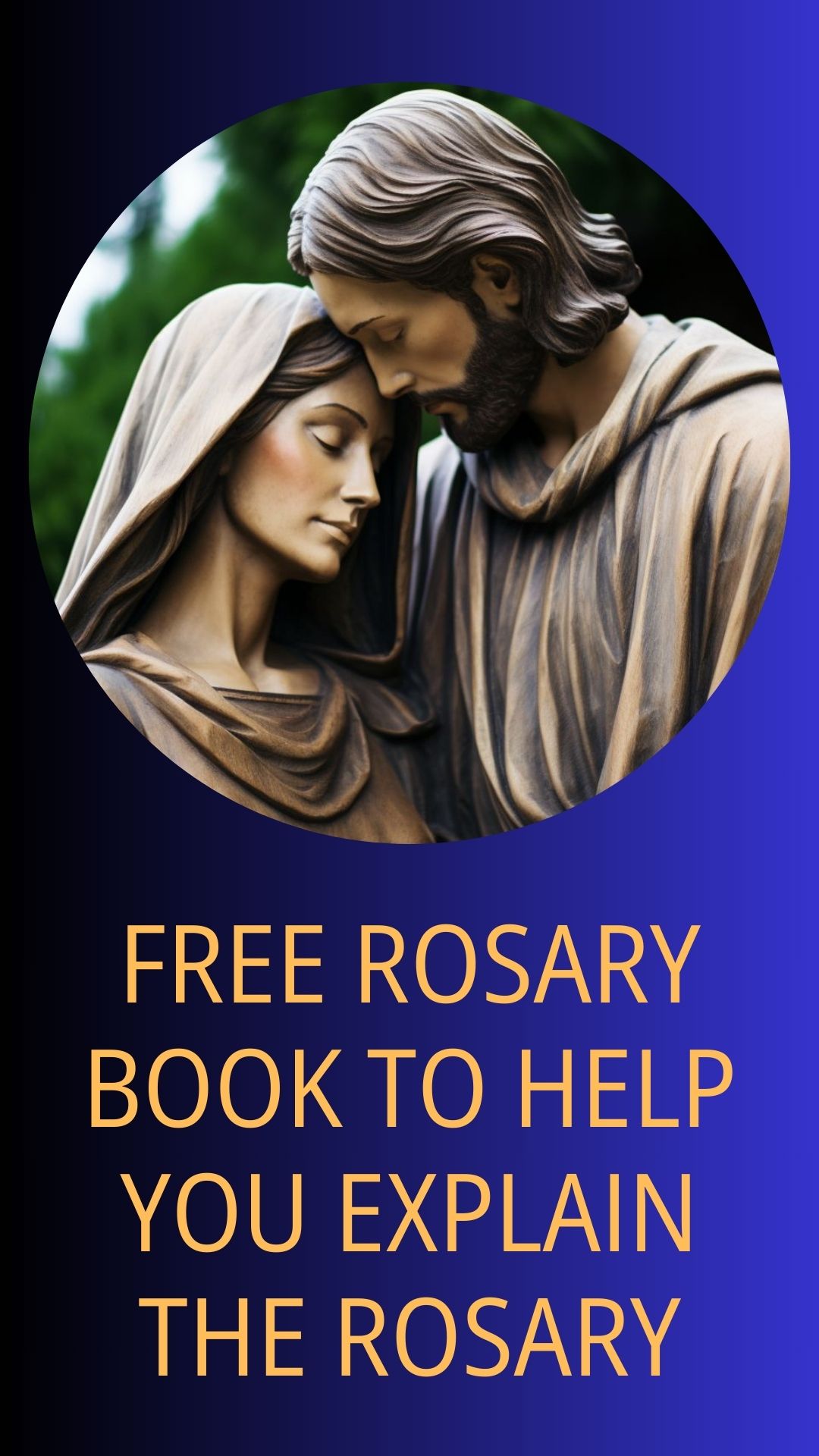THEME: GOOD FRIDAY: YESTERDAY AND TODAY
READINGS: Isaiah 52:13-53:12/ Hebrews 4:14-16; 5:7-9/ John 18:1-19:42.
GOOD FRIDAY
In this homily, ‘Good Friday yesterday’ refers to the very first Good Friday, that faithful and holy day when our Lord Jesus Christ suffered and died on the cross of Calvary to save us. On the other hand, ‘Good Friday today’ refers to this very day, Good Friday in the year 2020. There are some important similarities as well as differences between the Christ-event on that very first Good Friday and what we are experiencing today. Paying a close attention to their similarities, the Lord reminds us of some essential aspects of true Christian worship, which some of us tend to neglect when we gathered to worship until the recent ban on public gathering due to the spread of the coronavirus disease (CoViD-19).
On the very first Good Friday, there was no public gathering of the disciples of Jesus to worship with Him. Similarly, today (Good Friday 2020), there are no public gatherings of Christians in many parts of the world. Whereas, in the first case, the disciples self-quarantined themselves for fear of the Jewish religious authorities, today the lockdown is as a result of the measures taken by various government authorities to control and end the spread of CoViD-19.
GOOD FRIDAY YESTERDAY
Beloved, though the disciples could not publicly gather on the first Good Friday, I wish to remind you that the most perfect and supreme worship ever took place. It took place, not in the temple in Jerusalem nor in any house, but on the holy hill of Calvary.
The supreme worship involved only a single man. Oh wait! for He is not just a man but the very Son of God – indeed, the only Begotten and Beloved Son of God! And because He is both God and man, He is the only Mediator between God and man (cf. 1 Tim. 2:5). He is the perfect bridge between God and man, the true and only perfect High Priest. Thus, according to today’s second reading, Jesus, the Son of God is the ’great high priest who has passed through the heavens’ (Heb. 4:14).
Beloved, why I am saying that was the supreme worship by Jesus on the hill of Calvary? This is the reason: what our Lord did on that hill meets to absolute perfection four of the key elements or ingredients of Christian worship:
- Worship must be directed to God
- Worship entails sacrifice
- Worship entails prayers
- Worship entails a sermon
Worship must be directed to God: Jesus accepted to suffer and die for our sins in accordance with the will of His Father (cf. Matt. 26:39-42; Heb. 5:7-8). That Jesus directed His worship on the cross to the Father could be seen from some of His words while suffering. For example: ‘Father, forgive them, they do not know what they are doing’ (Luke 23:34); and ‘Father, into your hands, I commend my spirit’ (Luke 23:46).
Worship entails sacrifice: A sacrifice includes a priest who does the offering, the element/victim to be sacrificed and the altar on which the sacrifice takes place. On the holy hill of Calvary, Jesus was the perfect High Priest, who offered not an animal but His very self on the holy altar, which is symbolized by the cross. In short, Jesus offered the one and only perfect sacrifice acceptable to the Father (see Hebrews Chapters 7-9).
This one perfect sacrifice made the sacrifices offered in line with the Law of Moses obsolete; hence, at moment the sacrifice of Calvary was consummated with the death of Jesus, the curtain of the sanctuary of the temple of Jerusalem was torn (Matt. 27:51).
Worship entails prayers: Worship entails prayers and Jesus prayed several times on the cross. He prayed to express His trust or faith in His Father: ‘Father, in your hands, I commend my spirit’. He prayed to seek God’s forgiveness for us: ‘Father, forgive them ….’ He prayed to seek favour for the repentant thief: ‘Today, you will be with me in Paradise’ (Luke 23:43). And because, these were the prayers of the Son of God and the only Mediator between God and man, all these prayers were answered.
Worship entails a sermon: Worship involves a sermon or homily; and Jesus, by action, silence and words preached the most powerful sermon ever on the cross. So powerful and timeless is the sermon that billions of souls have been touched since it was preached about 2,000 years ago. Jesus’ great action of love for choosing to die for us, who are worthless sinners (cf. John 15:13) will ever touch souls. His silence and decision not to employ His almighty power in the face of mockery and false accusation while He suffered on the cross (cf. Matt. 27:39-44) will ever touch souls. His short sermon in words (e.g. ‘Father, forgive them’; ‘Woman, behold your son’; and ‘Son, behold your mother’, John 19:26) will ever touch souls.
GOOD FRIDAY TODAY
Beloved, whereas Jesus desires that we gather to worship; today, He reminds us that we can as well worship God individually, as He did on the cross of Calvary.
Therefore, Jesus reminds us that our homes, hospitals, chapels, streets (for security persons on duty) and other places could be our spiritual Calvary where we can worship God in spirit and in truth. As we worship, He draws our attention to the above-mentioned four key elements of worship:
- Worship must be directed to God: As Jesus did on the cross, let us direct our worship to the Father, wherever and whenever we choose to worship today. Of course, we should direct our worship to the Father with Jesus, through Him and in Him, and by the grace of the Holy Spirit.
- Worship entails sacrifice: As we worship, let us focus on the sacrifice of Jesus; we may use a cross or crucifix to help us focus. As we focus on His sacrifice, let us appreciate His pains and humiliation and the unlimited love behind them. Let us, then, associate all our sufferings and other forms of sacrifice with the supreme sacrifice of Christ and offer them to the Father.
- Worship entails prayers: Learning from Jesus, let us reaffirm our faith or trust in God and praise Him in our prayers; let us seek His forgiveness, ask for what we need (especially that the CoViD-19 pandemic will come to an end); and let pray for the needs of others. Songs are forms of prayers, so we can sing during our worship.
- Worship entails a sermon: Like Jesus, by our actions, silence and words of exhortation, let us spread the good news of God’s love and of salvation in Jesus Christ.
CONCLUSION
Jesus was not discouraged from going solo to offer the most perfect and supreme worship to His Father. It was a worship which entailed the most painful yet most rewarding sacrifice which continues to bring salvation to all mankind. So, beloved, neither the lockdown nor the ravaging havoc of the CoViD-19 pandemic should discourage us from worshipping God in spirit, in truth and with ardent faith in our homes, hospitals, chapels, etc. Finally, as the worshipful sacrifice of Jesus pleased His Father as seen in the resurrection that followed, so may our individual or family worship be rewarded abundantly, including our rise above all the challenges of the pandemic. Amen!
By Very Rev. Fr. John Louis

